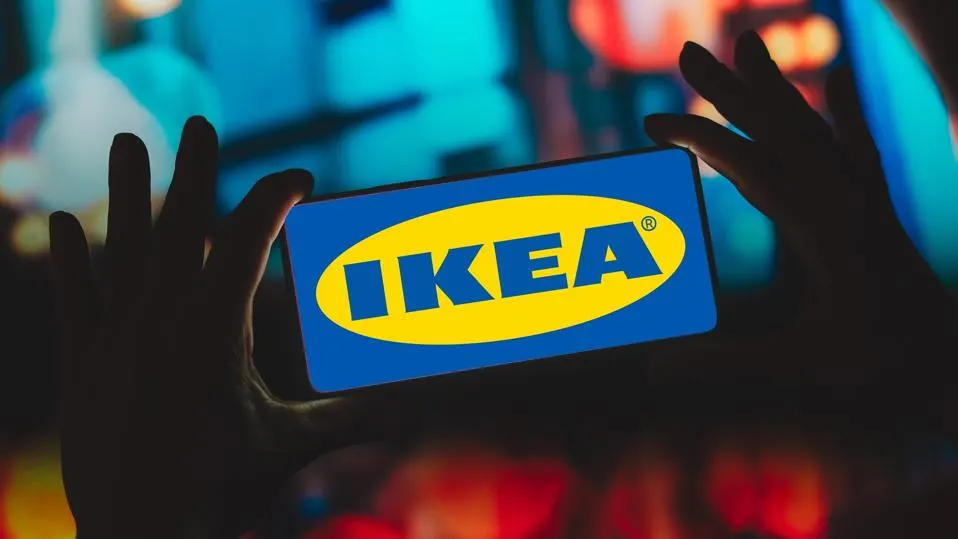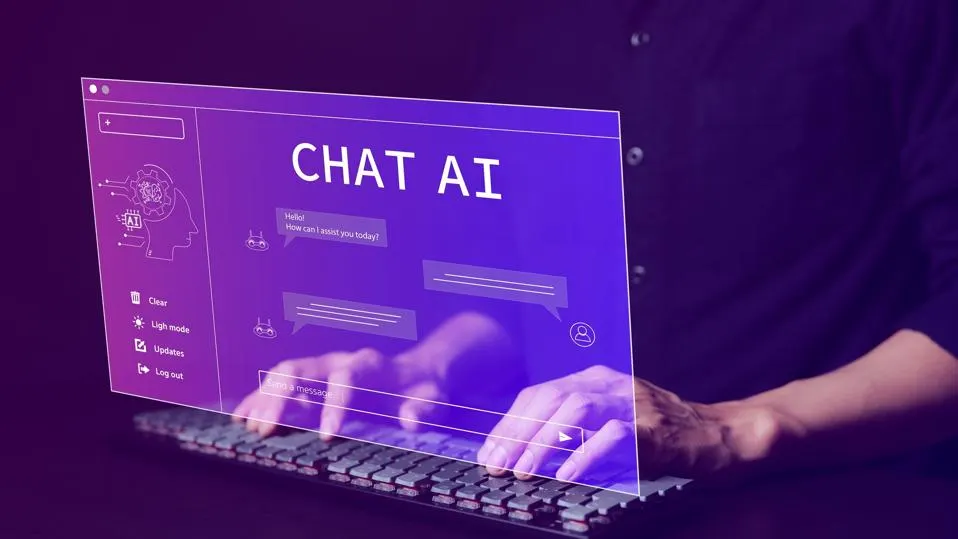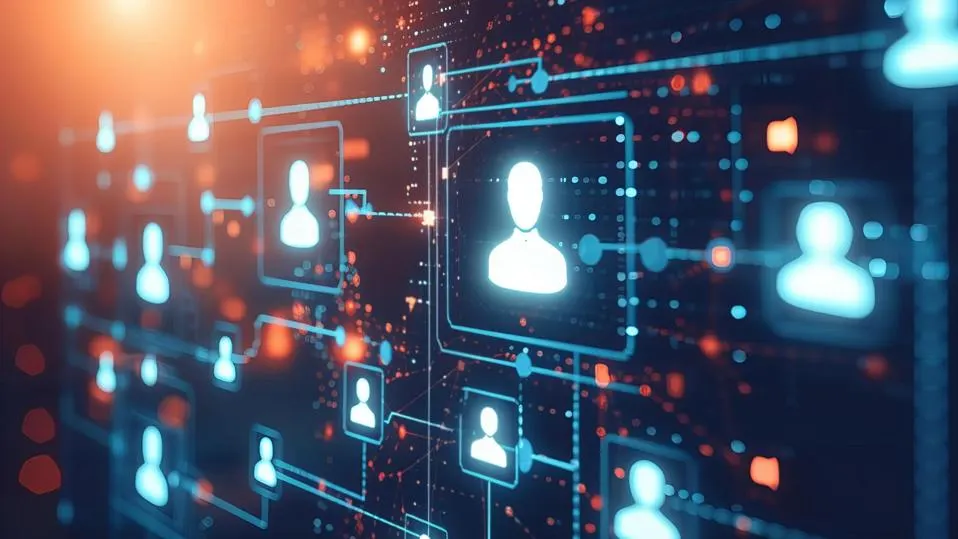The Amazing Ways Artificial Intelligence Is Transforming The Music Industry
2 July 2021
The days of debating if artificial intelligence (AI) will impact the music industry are over. Artificial intelligence is already used in many ways. Now it’s time to consider how much it will influence how we create and consume music. Just as it does for other industries, in the music industry, AI automates services, discovers patterns and insights in enormous data sets, and helps create efficiencies. Companies in the music industry need to accept and prepare for how AI can transform business; those that won’t will be left behind.

AI Catapults Growth in the Music Industry
Businesses are being reshaped by technology, and those in the music industry are no exception. According to a McKinsey report, 70 per cent of companies will have adopted at least one AI technology by 2030. The promise of AI is that it will complement and augment our human capabilities. As we make better choices and become more effective and efficient thanks to the insights and support AI provides, it can drive growth and innovation. As a result of AI’s impact, the creative process will likely transform.
Scott Cohen is one thought leader in the music industry who saw the potential impact of technology on the music industry’s future when others didn’t. His thoughts for a distribution company in the digital music age ultimately became The Orchard, which was acquired by Sony in 2015 for $200 million. During his keynote presentation at the Eurosonic Nooderslag conference, he said, “Every ten years something kills the music industry. If you want to know what’s next look at the tech world.”
He explained that there are 20,000 new tracks uploaded to Spotify every day and AI is critical for helping sort through the options and delivering recommendations to listeners based on what they’ve listened to in the past. Cohen believes that AI and big data made the “music genre” obsolete because AI-generated playlists are made not based on genre, but what is determined to be good music. In addition, he suggests that our current paradigm of infinite choice is broken and recommends a new model of trusted recommendations. And technology such as blockchain could eliminate the need for brands being a conduit to connect people to music. The live music industry should also be considering how to incorporate augmented and virtual realities to the concert experience.
AI Creates Music
Back in 1951 British computer scientist, Alan Turing was the first to record computer-generated music using a machine that filled almost an entire floor of the lab. In recent years, the recording was restored by New Zealand researchers 65 years after it was created. Music composition either by AI or using AI continues today. AI starts by analysing data from different compositions when it creates musical pieces. Through reinforcement learning, the algorithm learns what characteristics and patterns create music that is enjoyable or that mimics a certain genre. The AI model can also compose innovative musical numbers by combining elements in unique ways.
Tech companies are investing in a future where AI creates or assists musicians in creating music. Google’s Magenta project, an open-source platform, produced songs written and performed by AI and Sony developed Flow Machines, an AI system that’s already released “Daddy’s Car, ” a song created by AI.
Musicians and professionals in the music industry will need to acquire tech skills in order to leverage the power of AI tools that will help them do their jobs even better.
Other AI services such as Jukedeck and Amper Music help amateur musicians to develop their own musical pieces with the assistance of AI.
Audio Mastering with AI
The listening experience is optimised for any device in a process called audio mastering. AI-based mastering services such as LANDR provide musicians with a more affordable alternative to human-based mastering, and so far more than 2 million musicians have used it to master more than 10 million songs. While there is still a creative component involved in audio mastering and some prefer to rely on humans to do this work, AI makes the services accessible to artists who wouldn’t be able to master their songs otherwise.
AI, Marketing Music and Identifying the Next Stars
How will listeners discover new artists and how will consumers know who to listen to? Artificial intelligence helps focus the effort. Audio-on-demand streams totalled 534.6 billion in the United States alone in 2018, according to BuzzAngle Music’s 2018 Year-End Report. Helping new artists get discovered is expensive, and without doing it effectively, a talented artist could remain unfound. AI technology can help determine which fans would enjoy an artist’s music. Similarly, AI-powered features such as Spotify’s Discovery Weekly, a curated list of music for each listener, help fans sort through the streams of music to find new music that’s appealing to them.
Artificial intelligence is also helping the industry with A&R (artist and repertoire) discovery. It’s always been challenging to comb through music and find promising artists that haven’t signed to a label, but it’s even more overwhelming with the deluge of streaming music today. Warner Music Group acquired a tech start-up last year that uses an algorithm to review social, streaming and touring data to find promising talent. Apple also acquired a start-up that specialises in music analytics to support the A&R process.
AI is behind the scenes influencing the music we listen to in many ways.
Related Articles
Responsible AI: Why Privacy Is An Essential Element
Today, people often talk about “responsible” AI use, but what do they really mean?[...]
The Amazing Ways IKEA Is Using Generative AI
Global furniture retailer IKEA has long been at the forefront of tech-driven retail innovation.[...]
Generative AI Is Coming To Your Home Appliances
Across all industries, organizations are rapidly embracing generative AI. Among them, makers of home appliances like fridges and ovens.[...]
Generative AI And The Risk Of Inbreeding
We all understand the concept of inbreeding in human terms – where people who are too genetically similar reproduce, resulting in offspring with deformities.[...]
How Generative AI Will Change The Jobs Of HR Professionals
HR is fundamentally about managing humans – so how will the job change in a future where powerful generative AI tools are everywhere?[...]
Amazon Harnesses Generative AI For Seamless Palm Recognition Shopping Experience
Generative AI may have made headlines for its ability to write text and create art, but its uses extend beyond simply generating content.[...]
Sign up to Stay in Touch!
Bernard Marr is a world-renowned futurist, influencer and thought leader in the fields of business and technology, with a passion for using technology for the good of humanity.
He is a best-selling author of over 20 books, writes a regular column for Forbes and advises and coaches many of the world’s best-known organisations.
He has a combined following of 4 million people across his social media channels and newsletters and was ranked by LinkedIn as one of the top 5 business influencers in the world.
Bernard’s latest book is ‘Generative AI in Practice’.










Social Media